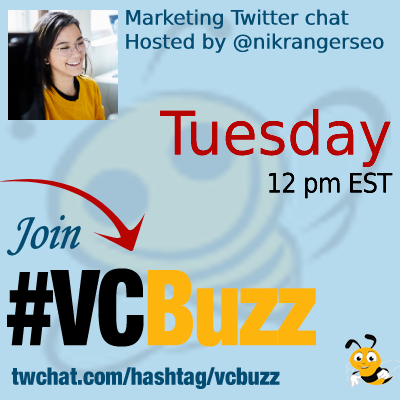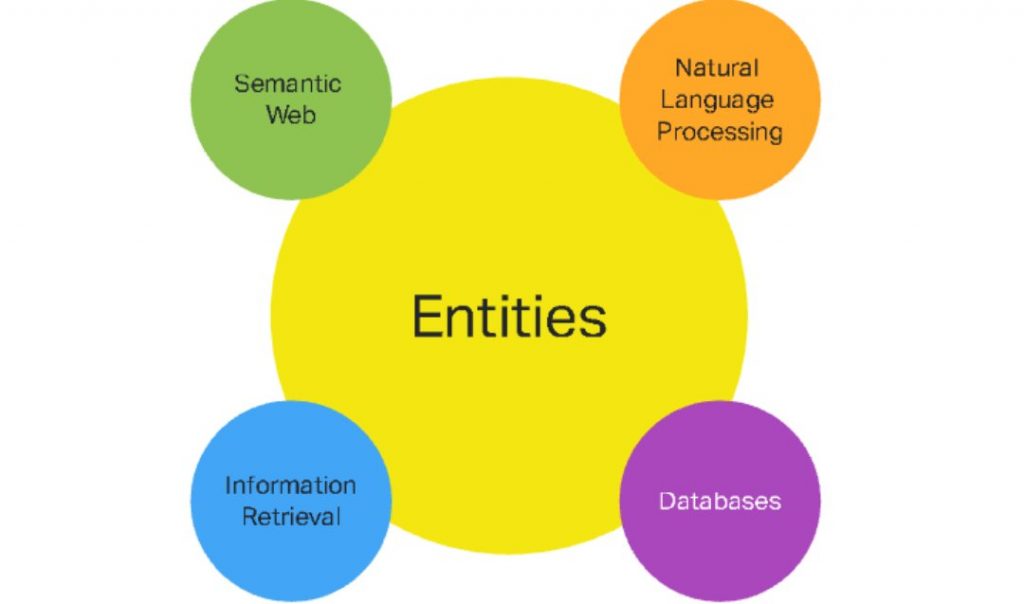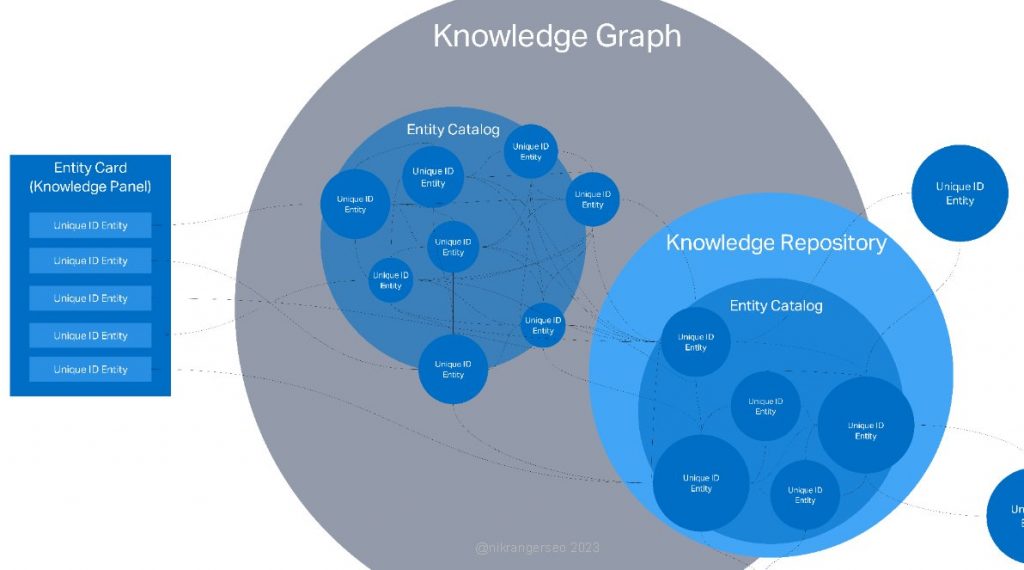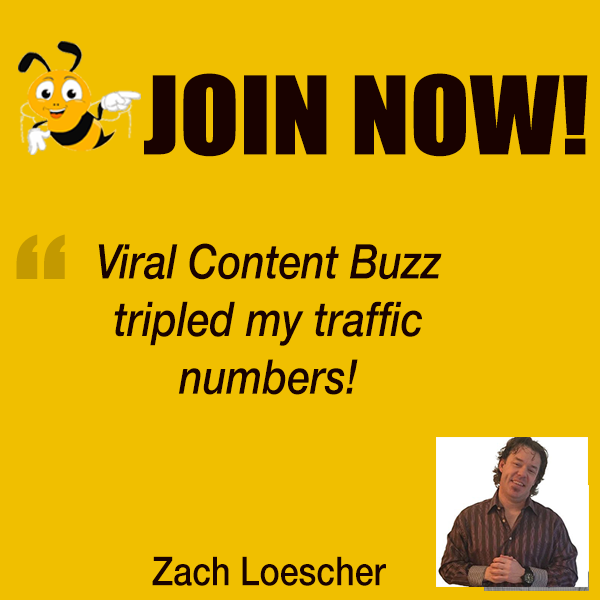
Search Engine Optimization is one of the most exciting industries to be in because it is developing so fast.
All the innovation that has changed SEO within a decade is astounding. And much of it is yet to be realized.
One of the SEO areas that is often neglected or misunderstood is the concept of entities.
***Add #VCBuzz chats to your calendar here.
***Please sign in here to follow the chat -> twchat.com/hashtag/vcbuzz
About @nikrangerseo
@nikrangerseo is senior technical SEO at Dejan Marketing, SMX speaker, SEMRush Awards Judge, InLinks brand ambassador and Co-director of SEO Collective Australia.
Questions we discussed
Q1 How did you become a digital marketer? Please share your career story!
Love this question, because everyone has their own unique story. No one grew up saying “I want to be an SEO!”. Because it didn’t exist (or at least in my day). I became an SEO quite by accident, I was offered an entry level position for cash in hand.
After a while I realised that I was spending more and more of my free time researching and figuring out what impact the work I was doing was having on the sites and why it was important. I’ve never stopped researching and loving learning.
If curiosity fuels you – skies the limit! At first I used to listen to webinars and pause when they said something interesting – then go test it. Now I have the privilege of asking these smart people the questions I have in person! Like SEO, curiousity is momentum based.
Q2 What are entities and why SEOs should care?
Entity SEO unpacks HOW the search engines work, and WHY it pulls the results it does. The deeper you go, the more you start to see through the white noise of chatter.
Entites are things or objects that have been distinctly identified in the real world by search engines. they’re identified and extracted by named entity recognition (analysing text to identify and classify named entities into predefined categories) such as persons names, organisations or locations. Entities are awesome because they have unique identifiers that distinguish themselves from other entities or queries.
An entity can be identifiable by its unique ID. Which means that you can have something with the same name, and belong in a different category type – but they’ll have different unique IDs associated. All about context 😉
Q3 What is Entity Optimization? How exactly does it work?
To understand this – I’m going to break down how it works (and try and post images here). entities play a crucial role in information retrieval, database, natural language processing and the semantic web by providing a way to represent and organise information in a structured and meaningful way. it’s a common language for representing information across different domains and apps – by recognising entities and their relationships using various techniques.

Like NER or ontology modeling, information retrieval systems can provide more accurate search results while databases can provide more efficient storage and retrieval of data. which then our mate NLP uses to extract meaningful information from the unstructured data (text) while the semantic web provides a framework for sharing knowledge across different domains.

Why this is interesting, is it explains why having efficient sites with great technical SEO so crawlers can find more efficient ways of finding parsing through pages to understand their content and context to its database library of information.
I’d say yes – and no, because of BERT. to date, most of the tools out there don’t do a great job of recognising when google has pulled in a knowledge panel result instead of the the query the user typed. @mobilemoxie is one of the few out there that measure pixel depth and take SERP snapshots that document when a result has changed and you may have resulted in lost traffic.
Q4 How to become an entity?
Step1: identify the entity home (homepage or about us page)
Step 2: write exceptional content optimised for featured snippets
Step 3: add structured data
Step 4: build relevancy and legitimacy into your link graph – internal links & external that confirm facts (I think this step is probably the one that gets overlooked the most but has a huge impact on the success of your site. Because it doesn’t matter how good your content is, if it’s orphaned…)
Step 5: work towards strengthening credibility signals (EEAT)
Step 6: build out your knowledge base
Step 7: continue brand building with digital PR.
Q5 What are your favorite SEO tools?
Search console, GTM, GA4 (it’s gonk, but free so..) you.algoroo, web dev tools, lighthouse, wappalyzer, robots exclusion checker, SEO minion, screamingfrog, ahrefs, inlinks, wordlift, semrush, botify, looker, seo tools for excel, view rendered source
Our previous “SEO and entities” chats:
- Entity-Based SEO with Brian Kato @katobkato
- SEO Entities and Google’s NLP with @KrystianSzastok
- Knowledge Graphs for Boosting SEO with Andrea Volpini @cyberandy
- How to Claim and Optimize Your Personal Google Knowledge Graph with Don Sturgill @DonSturgill
- How to Monitor Your Rankings with @MordyOberstein of @rankranger
- Schema for Content Marketers with Martha van Berkel with @marthavanberkel
- SEO Ranking Factors with Paul Baguley @BaguleyPaul
- How SEO Has Changed with Deborah Norton @BRAVOMedia1
- SEO Then and SEO Now with Bonnie Burns @Burnsie_SEO



